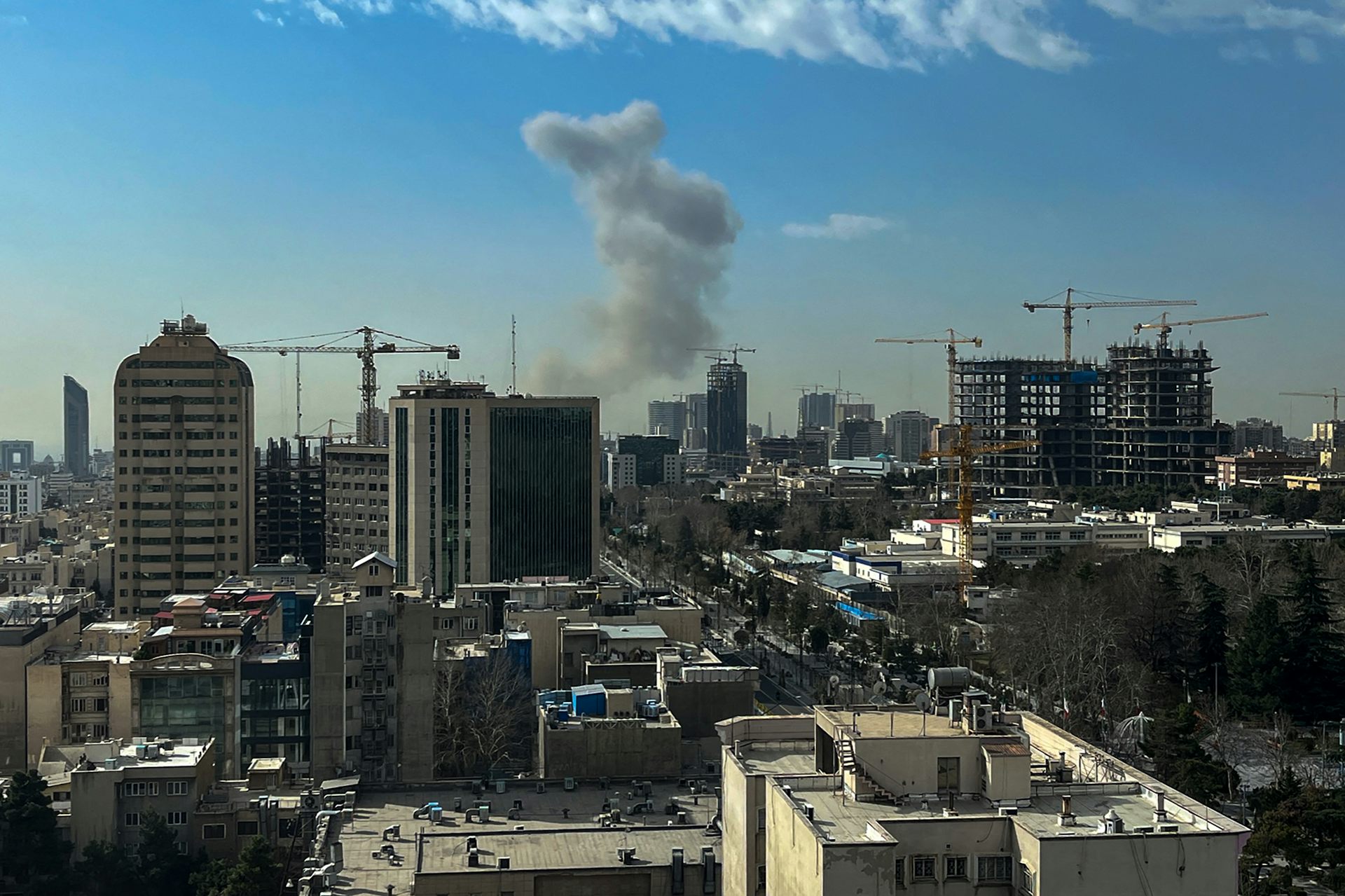Why would the Trump administration ban travel from Chad?
Evidence doesn't support the Trump administration's claims that Chad failed to share information or that its citizens are an identifiable threat.
In September, the Trump administration issued a revised travel ban after conducting a “worldwide review” to determine whether citizens from other countries posed a security or safety threat.
The administration continued to ban citizens from most of the Muslim majority countries sanctioned in the original order – Somalia, Libya, Yemen, Syria and Iran. It removed Sudan, even though that country is on the U.S.‘s state sponsor of terrorism list. It added two longtime U.S. adversaries, North Korea and Venezuela, in an apparent attempt to blunt criticisms that the order is a “Muslim ban.”
Surprisingly, the proclamation also added Chad, a Muslim majority country in the Sahel region of Africa. The Sahel is immediately south of the Sahara Desert and stretches east-west across the African continent.
Chad’s inclusion has befuddled observers as well as the Chadian government and the African Union.
Based on my experience working at the State Department, including a period of time when I was focused on the Sahel, I went looking for reasons that would lead the U.S. to ban Chadians.
I found more questions than I was able to answer.
Information sharing problems?
The first accusation levied against Chad is that it “does not adequately share public-safety and terrorism-related information.” To test this claim, I searched for references to this alleged shortfall in U.S. government public documents on Chad’s counterterrorism performance, including in the past 10 years of the State Department’s annual Country Reports on Terrorism, Congressional Research Service reports and relevant congressional testimony. I didn’t find references to such shortcomings in the public record.
However I did find the State Department cable sent to embassies asking for input on governments’ performance for the review. It listed five requirements:
- share biographic and biometric data on known or suspected terrorists
- provide identities of foreign terrorist fighters
- share arrests and convictions information
- release information on travelers
- issue The International Police Organization, or INTERPOL, notifications. These are alerts sent to other countries on wanted terrorists and felons.
So, is there any evidence Chad failed to meet one or more of these requirements?
In terms of the first one, the Chadian government adopted the U.S.-provided biometric screening system in 2013, so it would be surprising if it refused to share biometric or biographic information on suspected terrorists.
A shortfall on sharing information about foreign terrorist fighters also seems unlikely. Chadians have not gone to Syria to fight in any discernible numbers.
There is limited public information on whether Chad issues INTERPOL notices, though Chad is a member country of that organization and has recently received INTERPOL training to improve its ability to combat human trafficking.
This leaves the requirements to share information on arrests and convictions, as well passengers – topics where there isn’t publicly available information.
However, Chad has been a willing security partner to the U.S. for a number of years, raising questions about why it would be reticent to share information in these realms. In fact, since 2005, the U.S. has sought to build Chad’s capability, including its ability “to monitor, restrain and interdict terrorist movements” through the Trans-Sahara Counterterrorism Partnership. Prior to that, the U.S. provided assistance to Chad through the Pan-Sahel Initiative.
A significant risk?
The second basis for the travel ban raises even more unanswered questions. Citing groups that operate in West and North Africa, the proclamation concludes that there is a “significant terrorism-related risk from this country.”
However, of the terrorist groups invoked – Boko Haram, the Islamic State-West Africa, and al-Qaida in the Islamic Maghreb – none is primarily based in Chad.
Chadians are not the main nationality in any of these groups.
To the extent that any of the groups have threatened Chad, it is primarily in retaliation for the Chadian government’s efforts to counter them. In fact, the number of terrorist attacks in Chad actually decreased from 2015 to 2016, which the State Department attributed in part to “increased and proactive security force presence by the Government of Chad.”
Even more confusingly, the ban on Chad comes after the State Department lauded regional efforts against militant groups. The State Department declared that “In 2016, terrorist organizations – including al-Qaida in the Islamic Maghreb, al-Mulathamun Battalion, Movement for Justice and Oneness in West Africa, Ansar al-Dine, and Macina Liberation Front – could no longer claim safe haven in the Trans-Sahara region.”
By the State Department’s own admission some of the credit for this development goes to Chad. Chad has engaged in “major external military operations” in neighboring countries.
No major international plots have emanated from Chad.
No Chadians have committed or were convicted of attempting to commit a terrorist attack on U.S. soil between 1975 and 2015.
There haven’t been a notable number of Chadians who became leaders in al-Qaida, the Islamic State or other foreign terrorist organizations.
The State Department reported that the number of Chadians who joined groups in the region was “low” in 2016. This is all the more remarkable when one considers that Chad borders Sudan, Libya and Nigeria.
No answers and an uncertain future
To date, Africa analysts have not been able to come up with a viable rationale for the decision. Among the confused are experts, like Ambassador John Campbell and former intelligence analyst Matthew Page, both of whom had access to classified information for a number of years.
The fact is that many, if not most, partner nations both help and hinder the United States’ counterterrorism efforts. Chad, led by an authoritarian strongman who has been in power since 1990, certainly presents tradeoffs and shortfalls. The regime is repressive and has a poor human rights record. Its counterterrorism laws are so restrictive that they can be used to crack down on broader dissent. However, none of this provides a basis for Chad to be included in the travel ban – especially when many other comparable regimes are not included.
It remains to be seen how Chad will recalibrate its relationship with the United States. Obviously this bilateral relationship does not determine the international balance of power. But sanctioning a country that has been an ally to the United States on its top national security priority – terrorism – does serve as a red flag to other countries. Some countries will seek to stay on the United States’ good side. Others, especially in Africa, may eye China as an alternative, more reliable partner.
Tricia Bacon worked at the Department of State from 2003 to 2013.
Read These Next
Iran will respond to US-Israeli strikes as existential threats to the regime – because they are
The latest attack on Iran goes far beyond previous operations by Israel and the US in both scale and…
Cuba’s speedboat shootout recalls long history of exile groups engaged in covert ops aimed at regime
From the 1960s onward, dissident Cubans in exile have sought to undermine the government in Havana −…
Drug company ads are easy to blame for misleading patients and raising costs, but research shows the
Officials and policymakers say direct-to-consumer drug advertising encourages patients to seek treatments…





